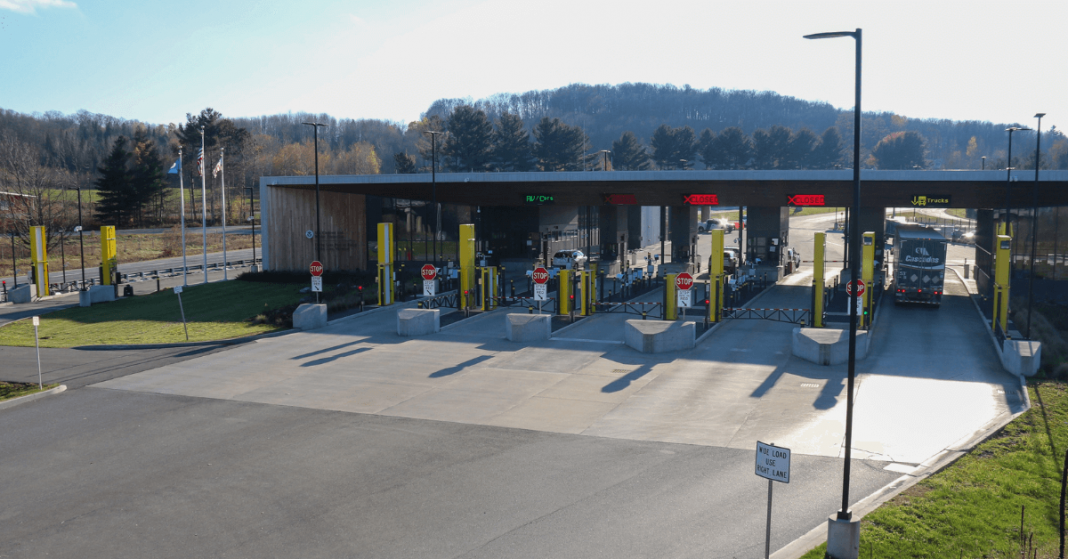DERBY LINE — Vaccination requirements to cross land ports of entry and ferry terminals into the U.S. will end on Friday.
The federally issued COVID-19 public health emergency declaration will end the same day.
Starting Friday, May 12, international travelers will no longer need to provide proof they have been fully vaccinated against COVID-19, making it easier for them to enter the United States.
Since November 2021, virtually all non-immigrants have been required to show proof they had been fully vaccinated against COVID-19 before traveling to the United States.
Border communities like Derby Line have been particularly eager for land-border restrictions to be lifted.
The U.S. policies are now in line with those of Canada, which had already lifted its vaccine requirements in October 2022, and Mexico, which had never imposed any meaningful restrictions.
Congressman Brian Higgins of New York, who has long called for an end to COVID border policies, welcomed the announcement.
“For over three years now, there have been barriers to cross-border travel,” Higgins said. “It has kept families apart and impeded economic recovery. While long overdue, this last lifting of pandemic restrictions is certainly welcome news and critically important as we seek opportunities to encourage a robust cross-border exchange that delivers shared prosperity.”
Despite the shared border with Canada, the Vermont congressional delegation has remained mostly silent regarding the closed, then partially closed border issue over the last three years.
This move will also allow thousands of truckers to resume cross-border freight movements.
The US border vaccine mandate for foreign drivers began in January 2022.
Over the past year, several trucking associations have been calling on the Biden administration to end the vaccine requirements.
They say the mandate has barred thousands of unvaccinated truck drivers in Canada from entering the US.
“The U.S. border restrictions mean that thousands of Canadian drivers are unable to support Canada-U.S. trade and goods movement,” Lak Shoan, with The Canadian Trucking Alliance told FreightWaves in February. “Taking a significant number of drivers out of the cross-border supply chain has led to tighter capacity and operational constraints for Canadian carriers.”








